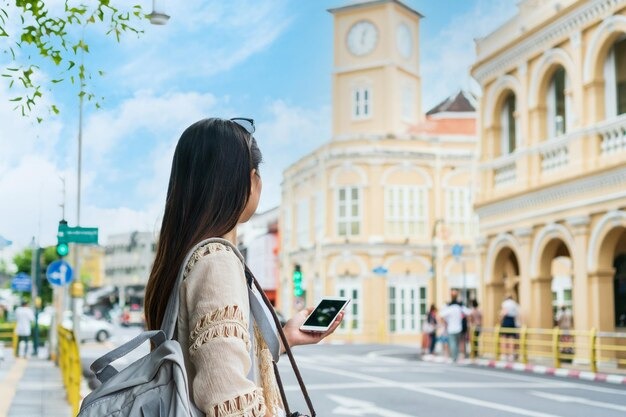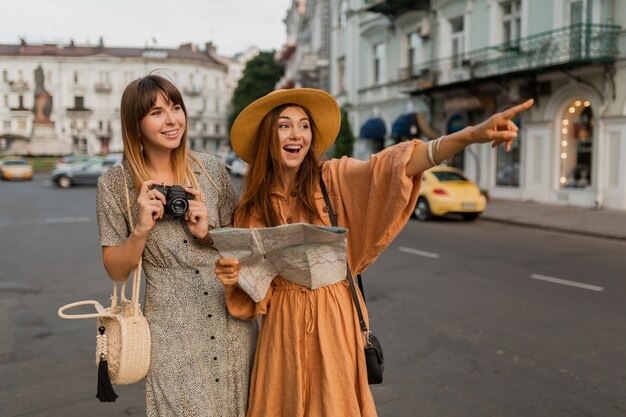Simple Ways to Enhance Your Travel Experience
Traveling is one of life’s greatest pleasures, but even the most seasoned explorers can find ways to make their journeys smoother, more enjoyable, and more memorable. Whether you’re planning a weekend getaway or a months-long adventure, small adjustments can have a big impact. Here are practical, straightforward strategies to elevate your travel experience.
1. Pack Smart, Not Heavy
Overpacking is a common mistake that can turn a trip into a logistical nightmare. Instead of stuffing your suitcase with “just in case” items, focus on versatility. For example, choose neutral-colored clothing that can be mixed and matched, and opt for lightweight, wrinkle-resistant fabrics. Rolling clothes instead of folding them saves space and minimizes creases.
Consider packing a small, foldable day bag. It’s useful for impromptu excursions and can serve as an extra carry-on if you pick up souvenirs. A well-organized toiletry kit with travel-sized containers also keeps luggage manageable.
2. Research Local Customs and Etiquette
Respecting cultural norms fosters positive interactions and enriches your experience. In Japan, for instance, it’s customary to bow slightly when greeting someone, while in Italy, a firm handshake is more appropriate. Learning a few basic phrases in the local language—like “hello,” “thank you,” and “please”—goes a long way in showing respect.
Dining etiquette varies widely, too. In Thailand, it’s polite to leave a small amount of food on your plate to signal you’re satisfied, whereas in France, finishing your meal is a compliment to the chef. A little research prevents unintentional faux pas.
3. Prioritize Comfort and Convenience
Long flights or train rides are more bearable with a few comfort-focused tweaks. Noise-canceling headphones can drown out engine noise, and a neck pillow provides much-needed support. Wear loose, breathable clothing and slip-on shoes to ease security checks.
If you’re prone to jet lag, adjust your sleep schedule a few days before departure. Hydration is key—drink plenty of water and avoid excessive caffeine or alcohol during transit.
4. Embrace Slow Travel
Rushing from one attraction to the next can leave you exhausted. Instead, allocate more time to fewer destinations. Spend a week in a single city, exploring its neighborhoods at a leisurely pace. You’ll uncover hidden gems—like a family-run café or a quiet park—that aren’t in guidebooks.
For example, instead of trying to see all of Paris in three days, focus on Montmartre’s artistic history or the vibrant Marais district. Depth often trumps breadth when it comes to meaningful travel.
5. Stay Connected—But Not Too Connected
While smartphones are invaluable for navigation and translation, constant screen time can detract from the experience. Designate tech-free periods to fully immerse yourself in your surroundings. Capture memories with a physical journal or a disposable camera for a nostalgic twist.
That said, offline maps and translation apps are lifesavers. Download essential tools before you leave to avoid dependency on spotty Wi-Fi.
6. Be Flexible with Your Itinerary
Rigid schedules can lead to stress when things don’t go as planned. Leave room for spontaneity—say, an invitation from a local to visit a nearby village or an unexpected festival. Some of the best travel stories come from unplanned detours.
If a museum is closed, use the opportunity to wander nearby streets or strike up a conversation with a shop owner. Adaptability turns setbacks into adventures.
7. Invest in Quality Footwear
Blisters and sore feet can ruin a day of exploration. Choose broken-in shoes with good arch support, especially if you’ll be walking on cobblestones or hiking trails. Waterproof options are ideal for unpredictable weather.
Pack blister pads just in case, and alternate between two pairs of shoes to prevent repetitive strain. Your feet will thank you after a long day of sightseeing.
8. Document Your Journey Creatively
Beyond standard photos, find unique ways to preserve memories. Collect ticket stubs, postcards, or small mementos to create a scrapbook later. Sketch a landmark instead of photographing it, or record ambient sounds—like a bustling market or ocean waves—to revisit later.
These tactile reminders often evoke stronger memories than a crowded camera roll.
9. Prioritize Safety Without Paranoia
Common-sense precautions ensure peace of mind. Carry a photocopy of your passport and store the original in a secure location. Use a money belt or hidden pouch for valuables in crowded areas.
Research local scams—like taxi drivers who “forget” to turn on the meter—so you can avoid them. Trust your instincts; if a situation feels off, remove yourself from it.
10. Savor Local Flavors
Food is a gateway to culture. Skip tourist-trap restaurants in favor of spots where locals dine. Try street food (observing basic hygiene, like cooked-to-order items) for authentic, affordable meals. In Vietnam, for example, a bowl of pho from a sidewalk vendor often tastes better than a hotel buffet.
Take a cooking class to bring culinary skills home with you. Recipes make for lasting souvenirs.
Final Thoughts
Travel is as much about the journey as the destination. By packing thoughtfully, respecting local customs, and staying open to spontaneity, you’ll create richer, more rewarding experiences. The best trips aren’t just about where you go—they’re about how you choose to engage with the world along the way.



